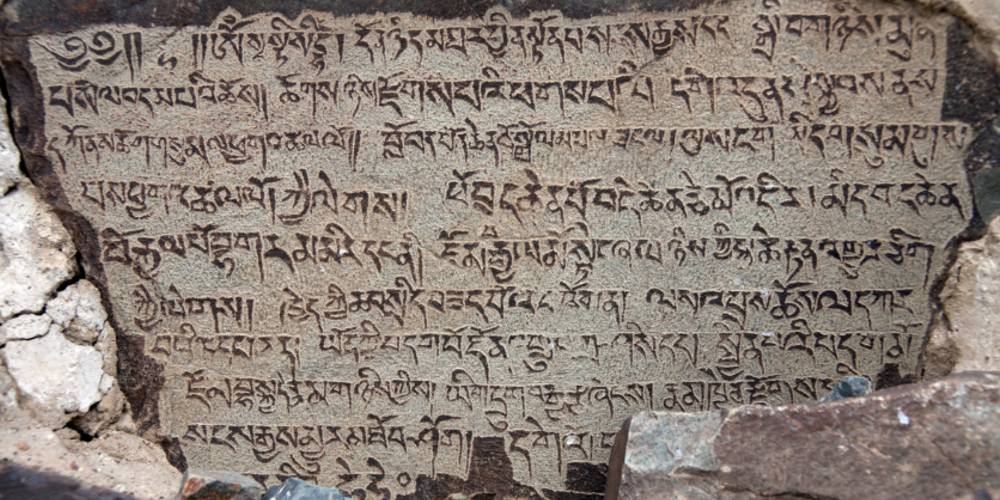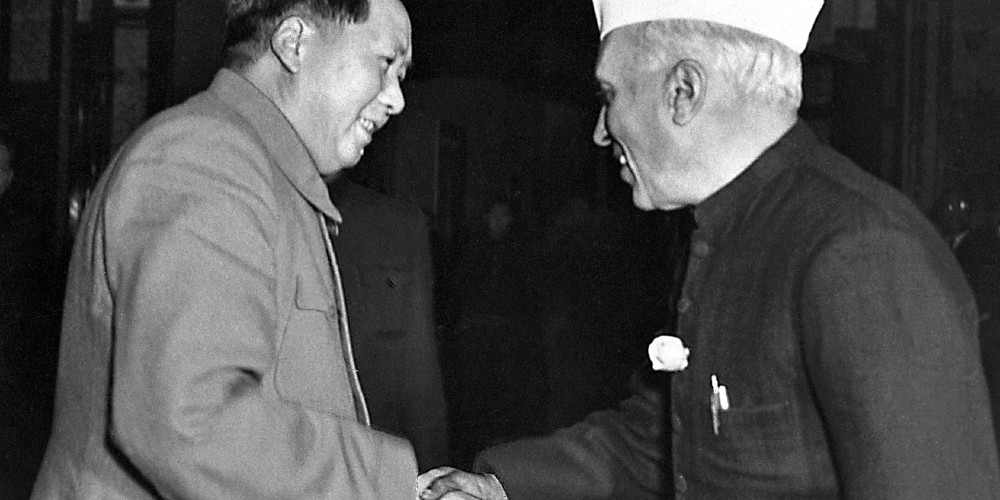Did the US instigate the Chinese to attack India during its 1971 war with Pakistan? I came across some of the details in the declassified documents of the US State Department that were lying in my digital library. The details of conversation between the US President his top officials clearly suggest that US did try to convince China to initiate a military action against India while the war was on.
The documents have been in the public domain for a long time now. I happened to stumble upon this detail rather late. But still thought of putting it up.
Below is the entire account of conversation as then US President Richard Nixon met with his Assistant for National Security Affairs Henry Kissinger in the Oval Office of the White House at 8.45 am on December 12, 1971. Kissinger’s deputy Alexander Haig also joined the meeting in between.
After a discussion of Southeast Asia, Nixon returned to South Asia and expressed the conviction that the Chinese, the Soviets, and the Indians needed to be shown that the “ man in the White House” was tough.
The conversation focused heavily on China and what the Chinese Government could be expected to do as the crisis unfolded. Early in the conversation Kissinger said: “I called Bhutto yesterday evening after we talked just for the record, and I said I don’ t want to hear one more word from the Chinese. We are the ones who have been operating against our public opinion, against our bureaucracy, at the very edge of legality… .And if they want to talk, they should move some troops. And until they have done so we don’t want to hear one more word.”
Haig entered in the middle of the conversation with the news that the Chinese wanted to meet on an urgent basis. Because Nixon and Kissinger were on the point of leaving for the Azores, the Chinese proposed a meeting in New York between Haig and Chinese Ambassador Huang Hua. The Chinese initiative in calling for a meeting was “totally unprecedented” Kissinger said. He concluded that the request meant “ they’ re going to move. No question, they’re going to move.” The tenor of the conversation changed at that point from the earlier expressed concern that China would not make the necessary military moves to help restrain India to a concern over the implications of the military action China had apparently decided upon.
Nixon responded to Kissinger’s conclusion that China had decided to move by commenting: “Well, this may change our plans a bit— no it doesn’t change our plans at all.” The plans he referred to were his plans to travel to the Azores to meet with French President Pompidou. Nixon instructed Haig to “ get up there” to meet with Huang Hua. Nixon asked Haig if he agreed that the Chinese request for a meeting “means they are going to move.” Haig concurred with Kissinger’ s assessment. That raised the question of the likelihood of Soviet military action against China in the event of Chinese military moves that menaced India. Kissinger said: “If the Soviets move against them and then we don’ t do anything, we’ll be finished.” Nixon asked: “So what do we do if the Soviets move against them? Start lobbing nuclear weapons in, is that what you mean?” Kissinger responded: “If the Soviets move against them in these conditions and succeed, that will be the final showdown. We have to — and if they succeed we will be finished. We’ ll be through.” Kissinger tentatively suggested: “Then we better call them [the Chinese] off.” But he quickly concluded: “I think we can’ t call them off frankly.” Haig said: “I think that if you call them off, if we don’t give them some assurances,…..the price you pay for that is almost as bad as if you” Kissinger interjected: “If we call them off, I think our China initiative is pretty well down the drain.” Nixon agreed: “That’s what I think.” He added: “And our China initiative is down the drain. And also our stroke with the Russians is very, very seriously jeopardized.” Kissinger went on: “If the Russians get away with facing down the Chinese and if the Indians get away with licking the Pakistanis, what we are now having is the final — we may be looking down the gun barrel.” More hopefully Kissinger noted: “It’s the Chinese view which they expressed to Bhutto yesterday that the Soviets will back off.” He added: “I think the Soviets will back off if we face them.” Nixon said: “Well that’s the point. The reason that I suggested that the Chinese move is that they talked about the Soviet divisions on their border and all that sort of thing. You know that the Soviets at this point aren’t about to go ripping into that damn mess, having in mind the fact that they’ re gaining from the Indian thing.”
Kissinger said: “Well we’ve got to trigger this quickly, so that we are positioned, and not at the tail of the Chinese. Otherwise we have no moral authority whatsoever for supporting the Chinese.” Nixon asked: “Bhutto asked the Chinese to move too didn’ t he?” Kissinger responded: “They are not doing it because of us.” Nixon said: “That’s what I mean. Let me just get that straight right away. Why are the Chinese moving?” Kissinger answered: “We asked, but that’ s not the reason they’re doing it.” Nixon concurred: “The way you put it Henry, the way you put it is very different as I understand. You said look we’re doing all these things why don’t you threaten them. Remember I said threaten, move a couple of people”……He added: “We have to scare these bastards”……Kissinger stated: “I said we will prevent pressures on you from other countries. But it is immaterial who made them do it. We didn’t make them do it. They are acting for the same reason they jumped us when we approached the Chinese border in Korea.” Nixon asked: “Is that what you think Al?” Haig responded: “Yes sir.” Kissinger said: “It’s exactly the same situation. But leaving aside whether we made them do it or not, we did not make them do it, my feeling would be the same, Mr. President, if I had not talked to them on Friday. They don’ t move that fast……This has been building up. My feeling is, Mr. President, leaving completely aside what we said, if the outcome of this is that Pakistan is swallowed by India, China is destroyed, defeated, humiliated by the Soviet Union, it will be a change in the world balance of power of such magnitude that the security of the United States for, maybe forever, certainly for decades — we will have a ghastly war in the Middle East.” Nixon interjected: “Now we really get into the numbers game. You’ve got the Soviet Union with 800 million Chinese, 600 million Indians, the balance of Southeast Asia terrorized, the Japanese immobile, the Europeans of course will suck after them, and the United States the only one, we have maybe parts of Latin America and who knows.” “This is why, Mr. President,” Kissinger said “you’ll be alone.” Nixon responded: “We’ve been alone before.”

